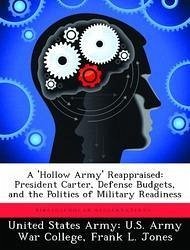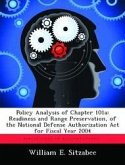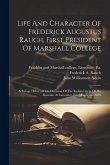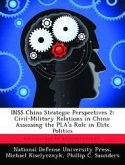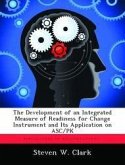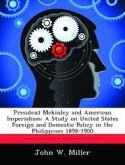For more than 3 decades, the term "hollow army" or the more expansive idiom, "hollow force," has represented President Carter's alleged willingness to allow American military capability to deteriorate in the face of growing Soviet capability. The phrase continues to resonate today. In this current period of declining defense resources, the President of the United States, the Secretary of Defense, and the Chairman of the Joint Chiefs of Staff have articulated how the newly released strategic guidance and budget priorities signify a concerted effort not to "hollow out" U.S. forces. They have affirmed their dedication to preventing the recreation of the ragged military and disastrous deterioration in defense capability the Carter administration allowed to occur. However, it is also time to reexamine the term "hollow army" and its meaning as the inevitable tug of war over defense spending gets underway. This Paper places the "hollow army" metaphor within its historical context: barely 5 years after the United States finally disengaged from a major war (Vietnam), a struggling economy, and an election year in which a President was not only tenuously leading in the polls, but also confronted substantial opposition from elements of his own political party. Over the years, a specific political reading of these events has taken hold. It is the purpose of this Paper to re-read the historical events, and in doing so, come to a better understanding of the domestic political and geostrategic environment during Carter's presidency, the U.S. Cold War strategy, and the assertions made concerning the readiness of the U.S. Army to perform its missions.
Hinweis: Dieser Artikel kann nur an eine deutsche Lieferadresse ausgeliefert werden.
Hinweis: Dieser Artikel kann nur an eine deutsche Lieferadresse ausgeliefert werden.

